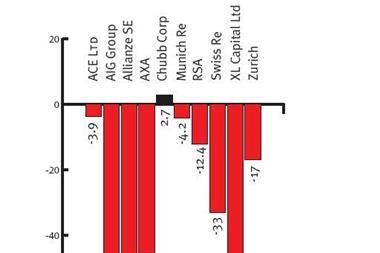EC said the proposal is designed to remove conflicts of interest and improve transparency
The European Commission put forward a proposal to regulate credit rating agencies, which have come under heavy criticism for their part in the financial crisis.
The Commission said the proposal was designed to ‘restore market confidence and increase investor protection.’
In a statement it said: ‘The new rules are designed to ensure high quality credit ratings which are not tainted by the conflicts of interest which are inherent to the ratings business.’
Internal Market and Services Commissioner Charlie McCreevy said: ‘I want Europe to adopt a leading role in this area. Our proposal goes further than the rules which apply in other jurisdictions.’
In July the Securities and Exchange Commission, the US financial regulator, found that the agencies failed to manage conflicts of interest in their ratings of bonds backed by sub-prime mortgages.
The European rules are designed to remove conflicts of interest, improve the quality of the rating methodology and increase transparency. The proposals would introduce registration procedures for rating agencies and a stricter surveillance regime.
Some of proposals are based on the standards set in the International Organisation of Securities Commissions (IOSCO) code. The Commission said it has also gone further and proposed stronger rules.
See also: Bad credit
New rules include the following:
Credit rating agencies may not provide advisory services.
They will not be allowed to rate financial instruments if they do not have sufficient quality information to base their ratings on
They must disclose the models, methodologies and key assumptions on which they base their ratings
They will be obliged to publish an annual transparency report
They will have to create an internal function to review the quality of their ratings
They should have at least three independent directors on their boards whose remuneration cannot depend on the business performance of the rating agency. They will be appointed for a single term of office which can be no longer than five years. They can only be dismissed in case of professional misconduct. At least one of them should be an expert in securitization and structured finance.




















No comments yet